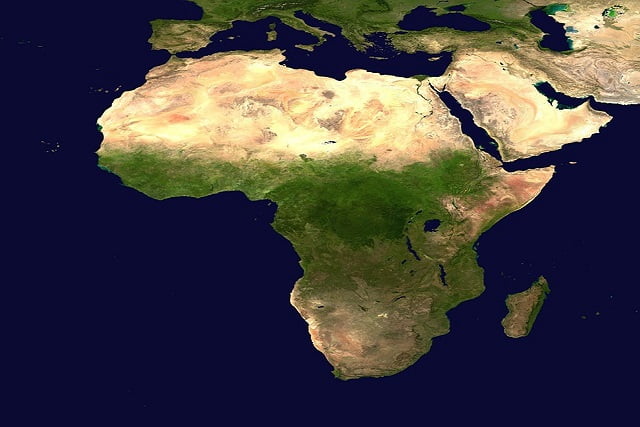Fruit Farming
Fruit farming, also known as orchard farming, involves the cultivation of fruit crops for domestic, industrial, or commercial purposes. Various factors contribute to the success of fruit farming, such as the Mediterranean climate characterized by bright, sunny weather with hot, dry summers and wet winters, along with a dry-warm summer temperature ranging from 21°C to […]

